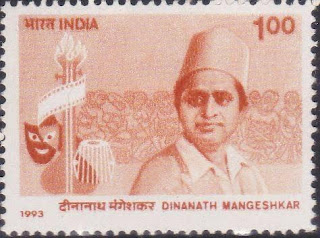On 31 December 1999, Negotiations
for the hijacked Indian Airlines Flight 814 concluded.
When Indian Airlines Flight
814 took off from Kathmandu’s Tribhuvan International Airport on December 24,
1999, it was the beginning of a week-long nightmare for not just the passengers
on board but their families in India and elsewhere as well. After it entered
Indian airspace at around 5.30 p.m., the aircraft was hijacked by gunmen — and
the Indian government faced a crisis situation as a shocked nation watched the
dramatic events unfold.
Eventually, when negotiations
between the hijackers and Indian authorities concluded on December 31, the
passengers were released — but India had to pay a heavy price.
After hijacking the plane the
gunmen threatened to blow it up and ordered Captain Devi Sharan to fly over
Lucknow and head towards Lahore in Pakistan. But as there was insufficient fuel
the hijackers agreed to the plane’s landing in Amritsar.
Indian authorities initially
wanted the plane to stay in Amritsar and a fuel tanker was sent to block its
path. But the hijackers ordered the plane to take off without refueling.
With the fuel nearly finished,
the plane landed in Lahore where it was refueled and allowed to fly off.





















































